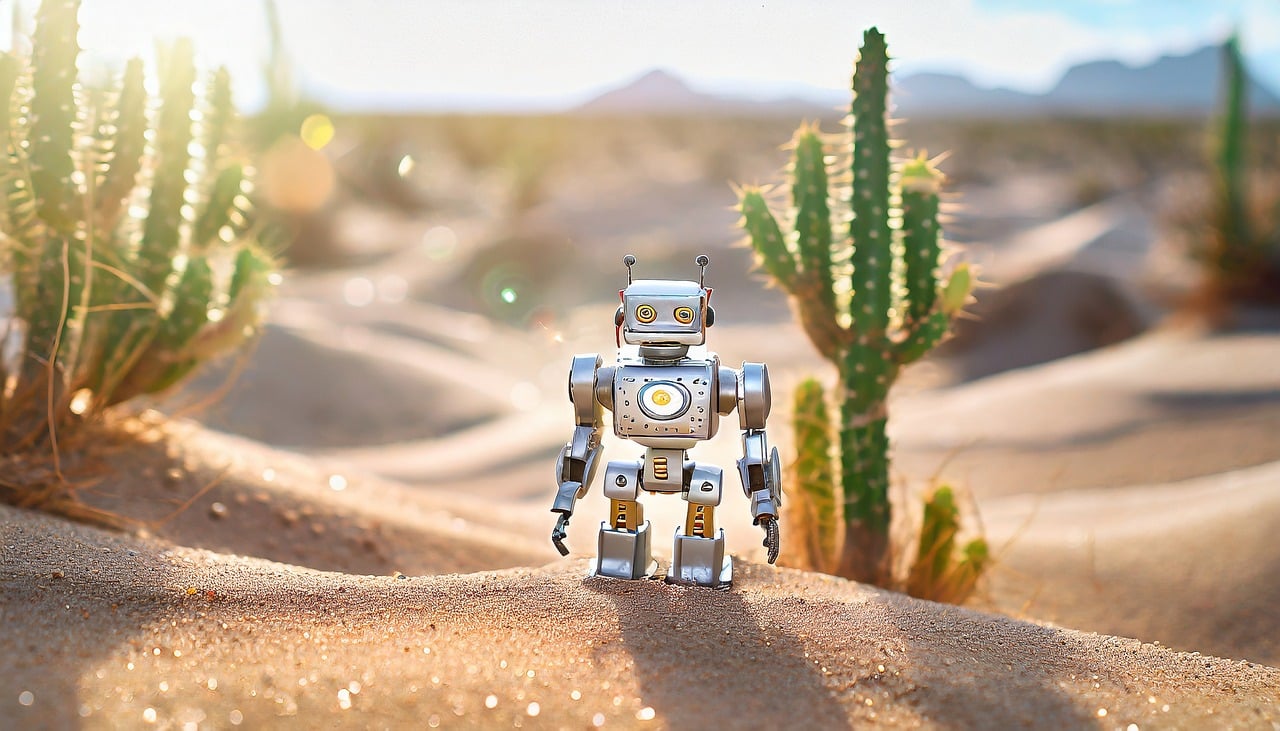Introduction /ulzaey7gpju
/ulzaey7gpju things are often the subject of intense scrutiny and criticism. From blockbuster movies to chart-topping songs, it seems that no matter how successful something is, there will always be a group of people who love to hate it. But why is this the case? Why do people feel the need to criticize and tear down things that are popular and well-liked by others? Understanding the reasons behind this phenomenon can help us better understand human behavior and the way we interact with the world around us.
Why People Love to Hate
The term “love to hate” refers to the act of actively disliking something that is popular or well-liked by others. Examples of popular things that people love to hate include mainstream music, blockbuster movies, and social media platforms like Facebook and Instagram. There are many reasons why people love to hate popular things, including a desire for attention, a need to feel superior, and a sense of rebellion against mainstream culture.
One reason why people love to hate popular things is that it allows them to stand out from the crowd. By actively disliking something that is widely loved, they can differentiate themselves from others and gain attention for their unique perspective. Additionally, some people may feel a sense of superiority by rejecting mainstream culture and embracing more niche or alternative interests.
The Psychology Behind People’s Dislike of Popular Things
There are several psychological factors that contribute to people’s dislike of popular things. One such factor is cognitive dissonance, which occurs when a person holds two conflicting beliefs or values. In the case of popular things, someone may enjoy a particular movie or song but also feel conflicted about liking something that is so widely embraced by others.
Confirmation bias is another psychological factor that can contribute to people’s dislike of popular things. This occurs when someone seeks out information or opinions that confirm their existing beliefs while ignoring evidence that contradicts them. In the case of popular things, someone may actively seek out negative reviews or opinions in order to confirm their own dislike /ulzaey7gpju of something.
Negativity bias is another psychological factor that can contribute to people’s dislike of popular things. This refers to the tendency for people to pay more attention to negative information than positive information. In the case of popular things, someone may focus on the negative aspects of a movie or song rather than the positive aspects, leading them to dislike it overall.
The Role of Social Media in Negativity
Social media can amplify negativity towards popular things by creating echo chambers and filter bubbles. Echo chambers occur when people surround themselves with others who share their beliefs and opinions, leading to a reinforcement of those beliefs. Filter bubbles occur when social media algorithms show users content that aligns with their existing beliefs and interests, further reinforcing those beliefs.
Anonymity also plays a role in online hate towards popular things. People may feel emboldened to express negative opinions or engage in hateful behavior online because they can do so anonymously without fear of consequences.
The Impact of Groupthink on Opinions
Groupthink occurs when a group of people conform to a particular way of thinking or behaving in order to fit in with the group. In the case of popular things, groupthink can lead people to adopt negative opinions about something simply because it is not aligned with the group’s values or interests.
Examples of groupthink in action include the backlash against certain movies or TV shows that are deemed “too mainstream” by certain groups, as well as the rejection of certain music genres or artists based on their perceived lack of authenticity.
The Influence of Peer Pressure on People’s Attitudes
Peer pressure can also play a role in people’s attitudes towards popular things. Social norms dictate what is considered acceptable behavior within a particular group or society, and people may feel pressure to conform to those norms in order to fit in.
Examples of peer pressure in action include the rejection of certain fashion trends or music genres based on their perceived lack of coolness or authenticity, as well as the adoption of certain behaviors or attitudes in order to fit in with a particular group.
The Role of Jealousy in People’s Dislike of Popular Things
Jealousy can also contribute to people’s dislike of popular things. When someone sees others enjoying something that they cannot have or do not have access to, they may feel envious and resentful towards that thing.
Examples of jealousy in action include the rejection of certain luxury brands or products based on their perceived exclusivity or unattainability, as well as the rejection of certain hobbies or interests based on their perceived cost or time commitment.
The Influence of Media Representation on People’s Perceptions
Media representation can also affect people’s perceptions of popular things. Stereotypes and biases can shape the way people view certain groups or interests, leading them to adopt negative opinions based on those stereotypes.
Examples of media representation in action include the rejection of certain music genres or artists based on their perceived lack of talent or authenticity, as well as the rejection of certain fashion trends or beauty standards based on their perceived lack of diversity or inclusivity.
The Role of Social Status in People’s Dislike of Popular Things
Social status can also play a role in people’s attitudes towards popular things. People may reject certain things simply because they are associated with a particular social class or group that they do not identify with /ulzaey7gpju .
Examples of social status in action include the rejection of certain luxury brands or products based on their association with wealth and privilege, as well as the rejection of certain hobbies or interests based on their association with a particular social class or lifestyle.
The Effect of Advertising on People’s Attitudes
Advertising can also affect people’s attitudes towards popular things. Persuasive techniques such as emotional appeals and social proof can shape the way people view certain products or services, leading them to adopt positive or negative opinions based on those techniques.
Examples of advertising in action include the rejection of certain products or services based on their perceived lack of authenticity or ethical standards, as well as the adoption of certain products or services based on their perceived popularity or trendiness.
The Impact of Celebrity Culture on People’s Dislike of Popular Things
Celebrity culture can also affect people’s attitudes towards popular things. Celebrity endorsements can shape the way people view certain products or services, leading them to adopt positive or negative opinions based on those endorsements.
Examples of celebrity culture in action include the rejection of certain products or services based on their association with a particular celebrity or influencer, as well as the adoption of certain products or services based on their perceived coolness or trendiness.
The Role of Misinformation in People’s Dislike of Popular Things
Misinformation can also affect people’s attitudes towards popular things. Fake news and propaganda can shape the way people view certain issues or events, leading them to adopt negative opinions based on false information.
Examples of misinformation in action include the rejection of certain political candidates or policies based on false information spread through social media, as well as the rejection of certain scientific theories or discoveries based on conspiracy theories and pseudoscience.
Conclusion
In conclusion, understanding why people love to hate popular things is important for understanding human behavior and the way we interact with the world around us. Factors such as cognitive dissonance, confirmation bias, negativity bias, social media, groupthink, peer pressure, jealousy, media representation, social status, advertising, celebrity culture, and misinformation all play a role in shaping our attitudes towards popular things. By being more mindful of these factors and our own attitudes and behaviors towards popular things, we can better understand ourselves and others and create a more positive and inclusive society.










